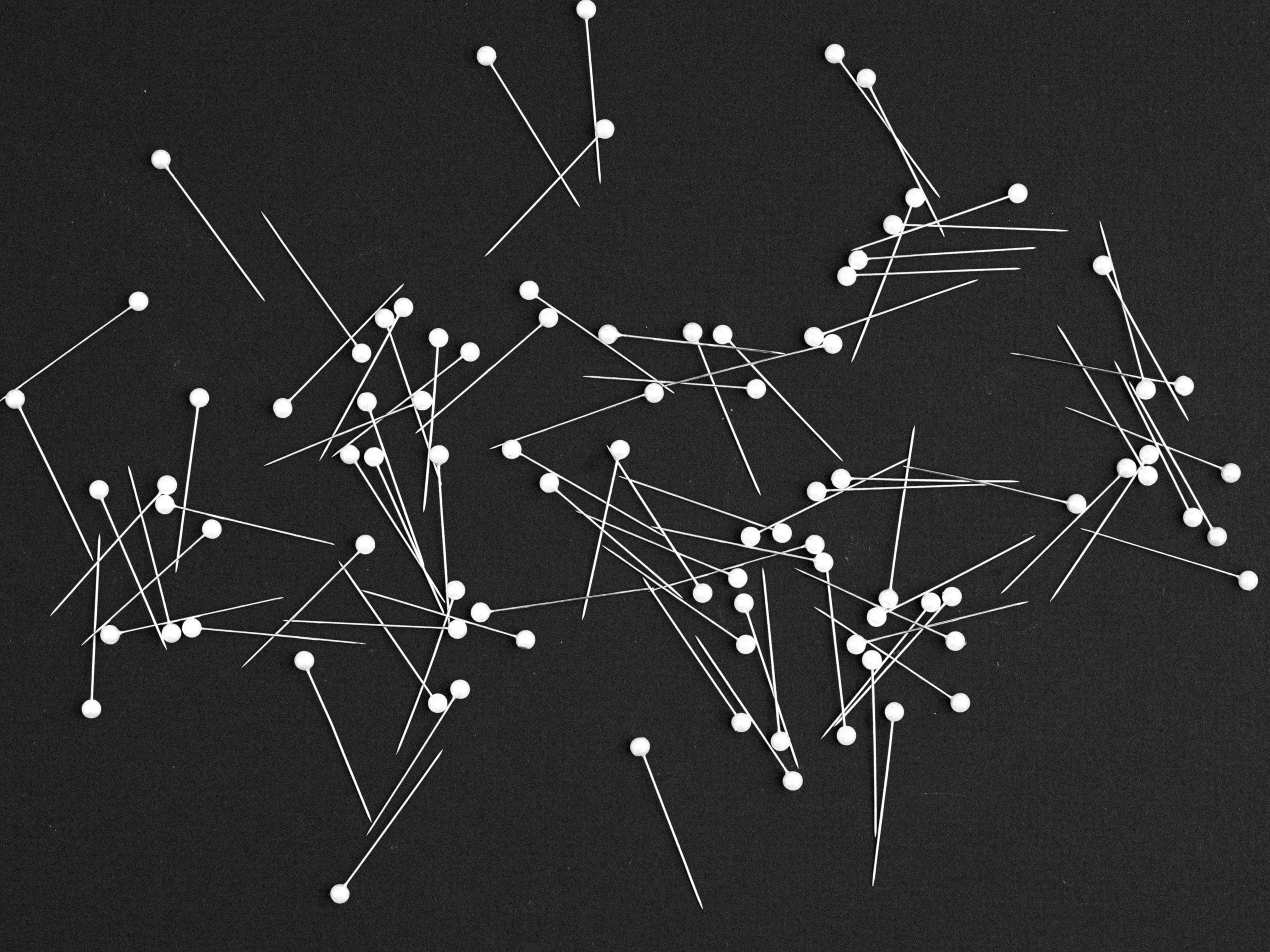Situated in the field of philosophy of education, my doctoral research seeks to confront the concept of learning which underlies machine learning systems – a prominent branch in the field of artificial intelligence – with the concept of learning that possibly emerges from non-orthodox approaches to human cognition (which include the body, the environment, intersubjectivity and technologies as constitutive elements of the human mind).
I work on the hypothesis that learning in the context of machine learning systems, based on predictions and statistics, neglects some of the fundamental aspects to human cognitive faculties and processes. These dimensions emerge from an articulation between brain, body and environment.
Artificial intelligence tends to be dualistic, in the sense that it limits the conception of learning to the brain. This contributes to a maintenance of the mind-body gap, whereas the new perspectives to cognition which I take into account in my research seek to comprehend and explain mental operations in a more fluid, contextual way. Knowledge, the attribution of meaning to the world, experience and aesthetics, the cognizer and the object the cognizer knows are considered in a different way from traditional conceptions. Seeking to overcome dualisms, any artificial detachment between mind and body no longer makes sense, since the mind only emerges from the cognizer’s own bodily activity in the world.
This is a topic that, if approached from the standpoint of philosophy of education, can contribute to a discussion not only about AI in education, but about the very conception of learning in a broader sense.
